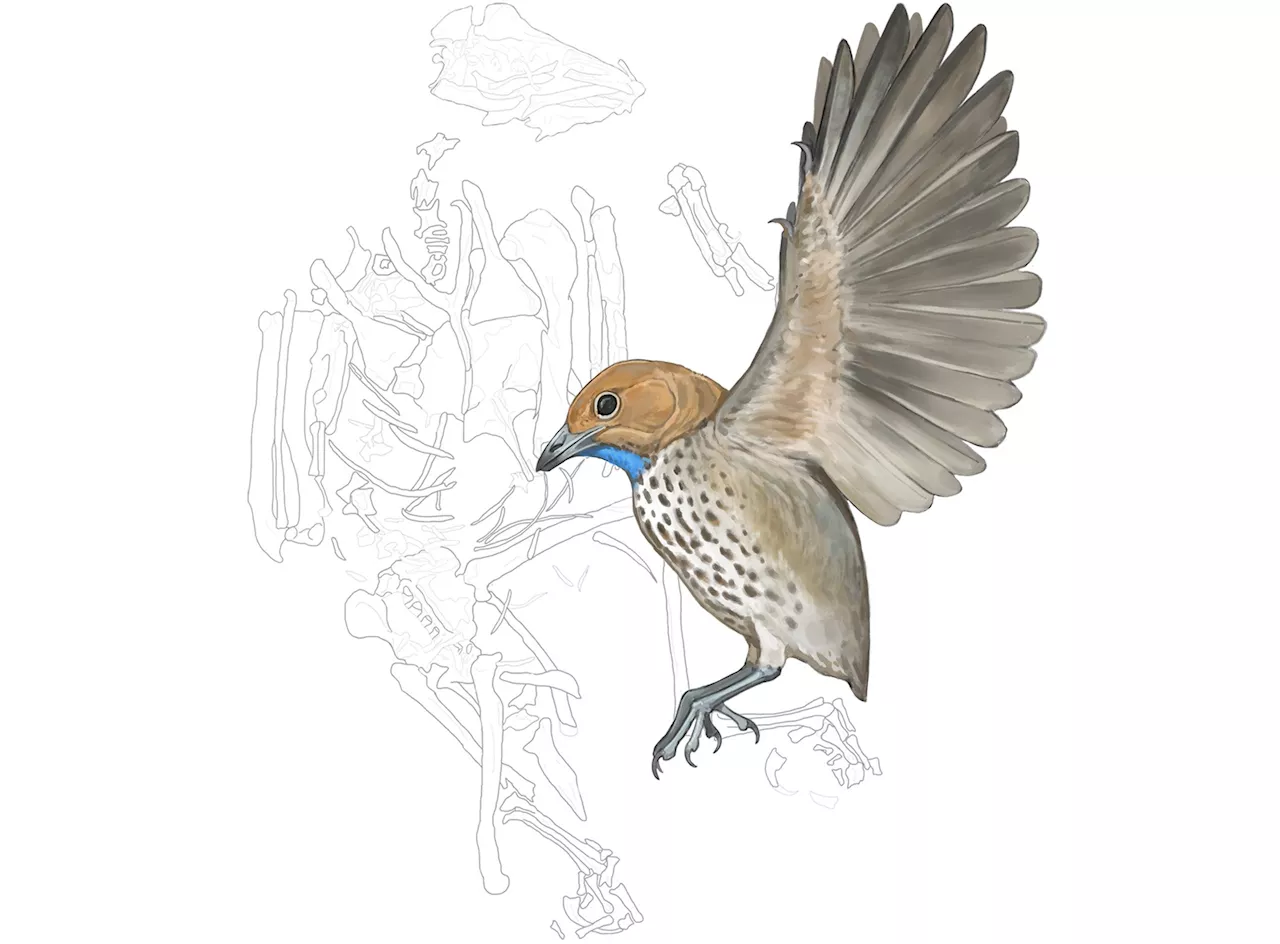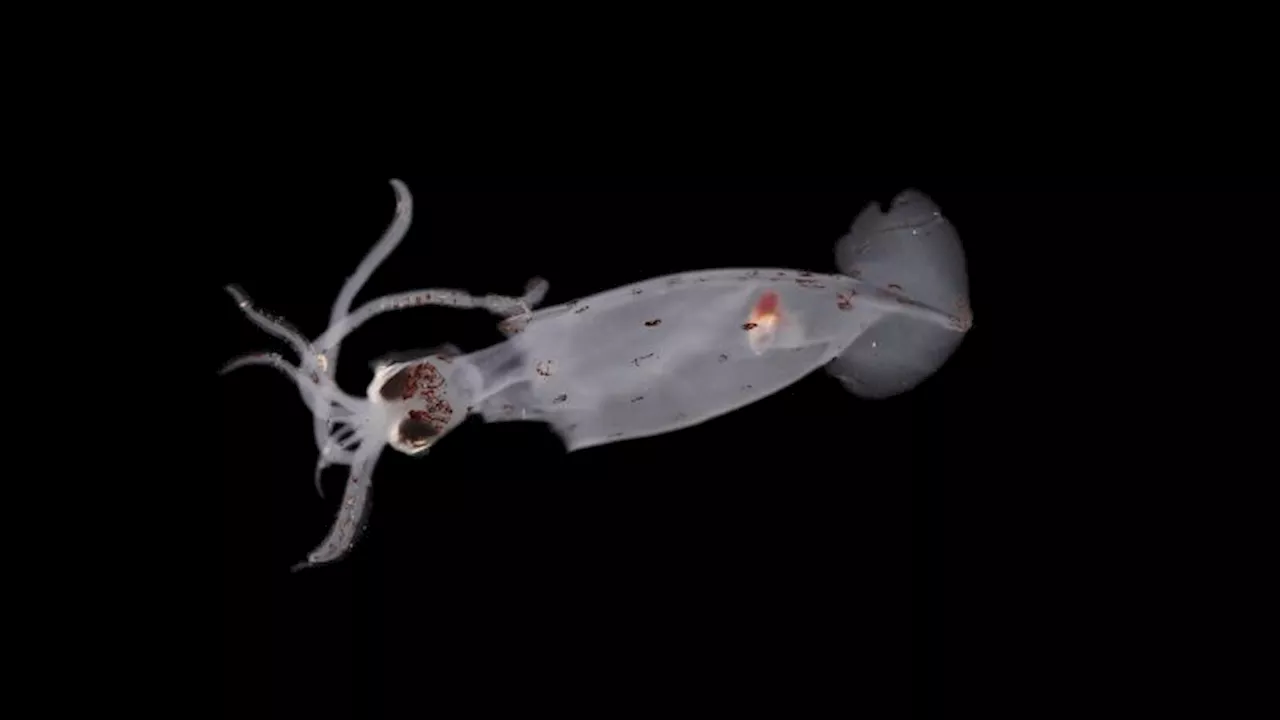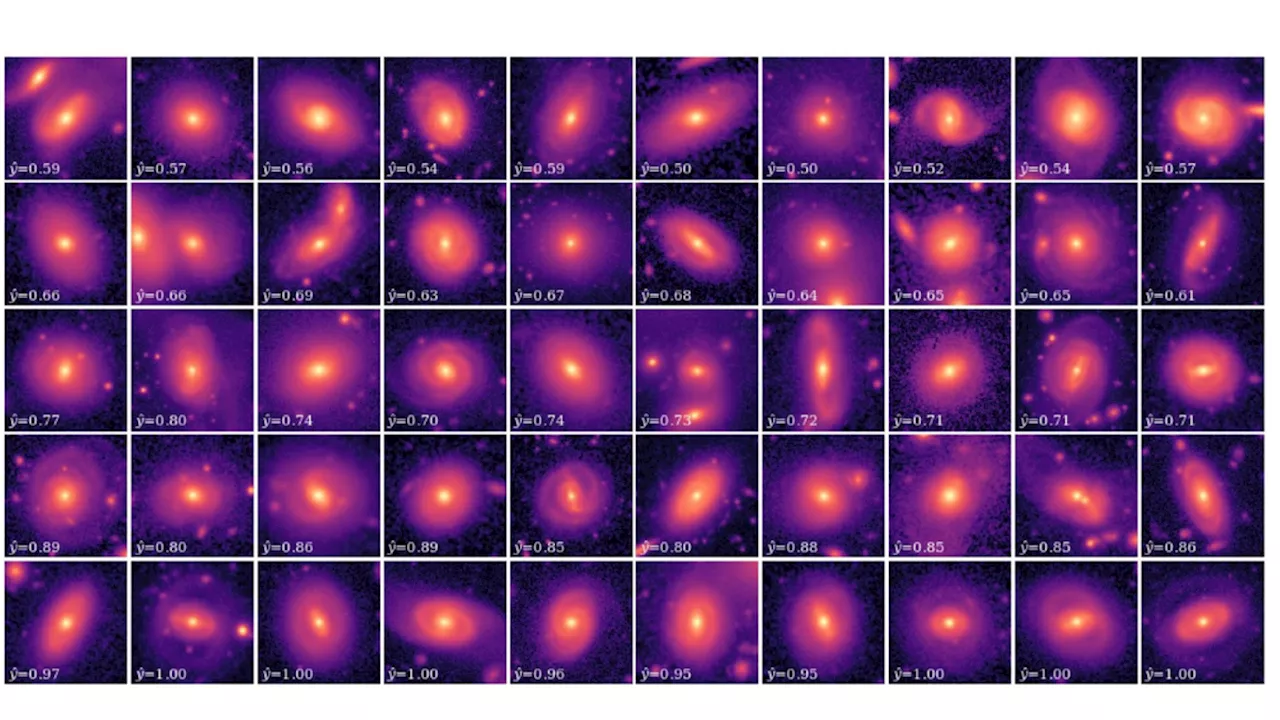Science, Space and Technology News 2024
: The newly discovered species, complete fossils are only known from Germany. This species is also the largest species of all and can grow up to 170 cm in size. Credit: Türtscher et al. Papers in Palaeontology,has explored the puzzling world of rays that lived 150 million years ago and discovered a previously hidden diversity – including a new rayThis study significantly expands the understanding of these ancient cartilaginous fish and provides further insights into a past marine ecosystem.
As only the teeth of fossilized rays are usually preserved, such rare skeletal finds provide exciting insights into the early evolution of this group. Although the exceptionally well-preserved fossils have been known for some time, they have been largely unexplored. Türtscher’s study is the first comprehensive analysis of the variation in body shape in these rays.
The results show a greater diversity of holomorphic rays in the Late Jurassic than previously thought. “Until now, only three holomorphic ray species have been confirmed from the Late Jurassic, but thanks to this study, a total of five species have now been identified,” says Türtscher.
United Kingdom Latest News, United Kingdom Headlines
Similar News:You can also read news stories similar to this one that we have collected from other news sources.
 – Scientists Discover Unusual New Species That Defied Dinosaur ExtinctionScience, Space and Technology News 2024
– Scientists Discover Unusual New Species That Defied Dinosaur ExtinctionScience, Space and Technology News 2024
Read more »
 Improved Performance and Recovery – Scientists Discover New Exercise Benefits of GinsengScience, Space and Technology News 2024
Improved Performance and Recovery – Scientists Discover New Exercise Benefits of GinsengScience, Space and Technology News 2024
Read more »
 Scientists Discover New Class of Antivirals That Work Against COVIDScience, Space and Technology News 2024
Scientists Discover New Class of Antivirals That Work Against COVIDScience, Space and Technology News 2024
Read more »
 Scientists discover 100 potential new deep-sea species, including mystery creatureScientists reported they found about 100 potential new deep-sea species — including one mystery creature — during an expedition off the coast of New Zealand.
Scientists discover 100 potential new deep-sea species, including mystery creatureScientists reported they found about 100 potential new deep-sea species — including one mystery creature — during an expedition off the coast of New Zealand.
Read more »
 Citizen scientists and AI take a cosmic cruise to discover 430,000 new galaxiesRobert Lea is a science journalist in the U.K. whose articles have been published in Physics World, New Scientist, Astronomy Magazine, All About Space, Newsweek and ZME Science. He also writes about science communication for Elsevier and the European Journal of Physics. Rob holds a bachelor of science degree in physics and astronomy from the U.K.
Citizen scientists and AI take a cosmic cruise to discover 430,000 new galaxiesRobert Lea is a science journalist in the U.K. whose articles have been published in Physics World, New Scientist, Astronomy Magazine, All About Space, Newsweek and ZME Science. He also writes about science communication for Elsevier and the European Journal of Physics. Rob holds a bachelor of science degree in physics and astronomy from the U.K.
Read more »
